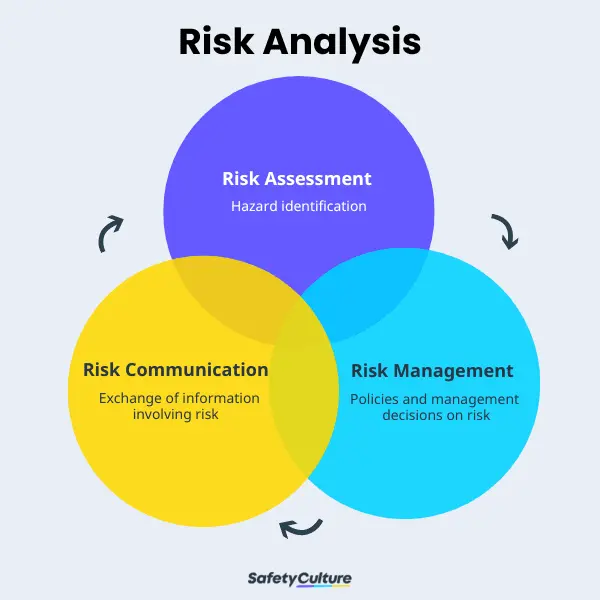The Impact of the Importance of Risk Management on Business Governance
The Impact of the Importance of Risk Management on Business Governance
Blog Article
The Value of Recognizing the Importance of Risk Management in Numerous Industries

The Core Idea of Risk Management and Its Function
Risk Management, the cornerstone of lots of industries, hinges on the recognition, examination, and reduction of unpredictabilities in a service atmosphere. By appropriately recognizing possible risks, services can develop techniques to either avoid these dangers from taking place or decrease their influence. When dangers have been identified and assessed, the reduction process includes creating techniques to minimize their potential impact.
Benefits of Applying Risk Management in Organization Operations

Revealing the Role of Risk Management in Different Industries
While every market confronts its one-of-a-kind collection of risks, the application of Risk Management strategies continues to be a common denominator in their quest of sustainability and development. In the health care market, Risk Management entails guaranteeing client security and data protection, while in finance, it involves mitigating investment threats and ensuring governing conformity. Inevitably, the duty of Risk Management across industries is to determine, examine, and minimize threats.
Real-life Case Studies Showing Effective Risk Management
To recognize the importance of Risk Management in these numerous fields, one can look to numerous real-life circumstances that show the successful application of these measures. In the power market, British Petroleum developed Risk mitigation intends post the 2010 Gulf of Mexico oil spill. They implemented better safety and security treatments and stricter laws which significantly lowered more crashes. In finance, Goldman Sachs efficiently browsed the 2008 monetary situation by identifying potential mortgage-backed protections threats early. Lastly, Toyota, publish the 2011 earthquake in Japan, modified its supply chain Management to reduce disturbance dangers. These cases show how markets, gaining from situations, efficiently applied Risk Management approaches to decrease future threats.
Future Trends and Developments in Risk Management Methods
Cybersecurity, when a peripheral problem, has actually catapulted to the forefront of Risk Management, with approaches concentrating on action, discovery, and avoidance. The integration of ESG (Environmental, Social, Administration) factors right into Risk Management have a peek at this site is one more expanding pattern, showing the boosting recognition of the duty that ecological and social dangers play in organization sustainability. Therefore, the future of Risk Management lies in the combination of advanced modern technology, cutting-edge strategies, and an alternative method.
Verdict
To conclude, recognizing the significance of Risk Management throughout a spectrum of markets is important for their longevity and prosperity. Customized strategies can help alleviate possible risks, protect properties, and foster stakeholder trust fund. Additionally, positive decision-making help in governing conformity and optimizes resource use. Eventually, successful Risk Management adds to extra sustainable and resilient organizations, highlighting the importance of this method in today's dynamic and highly competitive service setting.
While every sector faces its one-of-a-kind collection of dangers, the execution of Risk Management techniques stays a common denominator in their article source pursuit of sustainability and growth. In the medical care field, Risk Management entails making sure individual safety and data defense, while in financing, it involves mitigating financial investment threats and making sure regulative compliance. Inevitably, the function of Risk Management across industries is to identify, analyze, and alleviate threats. These situations demonstrate how markets, discovering from crises, efficiently used Risk Management methods to minimize future dangers.

Report this page